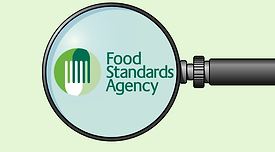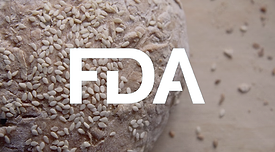Home » Keywords: » allergens
Items Tagged with 'allergens'
ARTICLES
The primary controls to prevent undeclared allergens must start in the supply chain and continue in the foodservice establishment, using multiple elements to prevent the hazard
Read More
Rising Recall Rates: A Strategic and Tactical Approach to Prevention
Company culture and leadership are critical for effective recall prevention and efficient operations
October 10, 2024
Fundamentals of Conducting an Allergen Gap Assessment
Conducting an allergen gap assessment is one way to ensure regulatory compliance and consumer safety
April 15, 2024
Food Safety Versus the Green Transition
New microbial and chemical risks come with the greater incorporation of plant-based raw materials into human diets and the introduction of reusable packaging
December 12, 2023
Never miss the latest news and trends driving the food safety industry
eNewsletter | Website | eMagazine
JOIN TODAY!Copyright ©2025. All Rights Reserved BNP Media.
Design, CMS, Hosting & Web Development :: ePublishing














